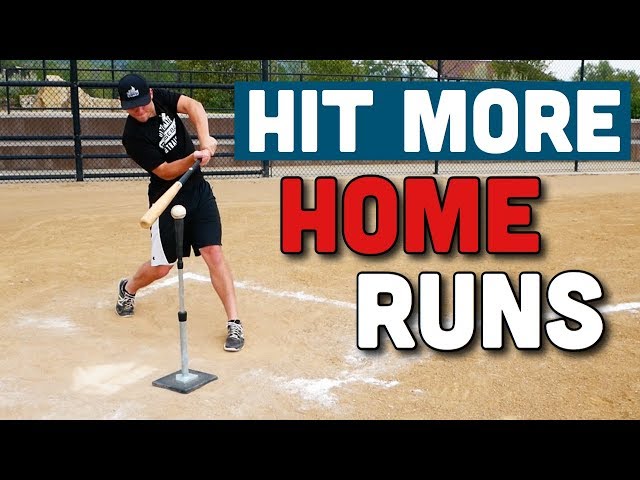Okay, so I’ve been messing around with this idea of a “home run predictor” for a while now, and let me tell you, it’s been a wild ride. I started this whole thing because, well, I love baseball and I have always wanted to make something about it. Also, I thought it would be cool to see if I could predict when a home run would be hit.

First, I tried to find some ready tools or apps online, there are some signals apps but they were not what I expected. They just provide some simple signals and that’s all. This is totally a waste of time. I gave up on finding some available tools. Then I changed my mind, I decided to build it myself.
I started by gathering a ton of data. I mean, a real mountain of it. I pulled data from all sorts of sources. Stuff like which player was at bat, the pitcher, the count, the inning, you name it. I even threw in some weather data because, why not? It was a pain to clean it all up and make sure it was usable, but I managed.
Then came the fun part – or the frustrating part, depending on the day. I started messing around with different ways to analyze the data. I played with some basic statistics, but that didn’t really tell me much. It was like trying to find a needle in a haystack, except the haystack was made of numbers.
Next, I tried a more complex method. After I fed my model with tons of data, it finally worked, more or less. I could plug in the current game situation, and it would spit out a probability of a home run. It wasn’t perfect, not by a long shot, but it was something.
I spent weeks, maybe months, tweaking this thing. I tested out all sorts of variables, added more data, and tried out different models. Some days, I felt like I was on the verge of a breakthrough. Other days, I wanted to throw my computer out the window.
Here’s what I learned from this whole crazy project:
- Predicting home runs is tough. There are just so many factors involved, it is not easy to make an accurate model.
- Data is king. The more data you have, the better your chances of building a decent predictor. But also the harder to process them.
- It’s a lot of trial and error. You try something, it doesn’t work, you try something else. It is very time-consuming.
- Don’t expect to get rich. I didn’t become a millionaire, but I learned a lot.
So, where am I now with this home run predictor? Well, it’s still a work in progress. I’m still messing around with it, trying to improve the accuracy. I guess you could say I’m addicted to the challenge. It is still a long way to go, but I won’t give it up.
Would I recommend this to others? Sure, if you’re a baseball fanatic with a lot of time on your hands and a love for data, go for it. It is not easy but if you are a baseball fan like me, you will enjoy it. Just don’t expect to be right all the time. It’s more about the journey than the destination, you know?

Anyway, that’s my story about building a home run predictor. It’s been a long, strange trip, but I’ve enjoyed it, for the most part. Now I gotta feed my cats. See ya!






